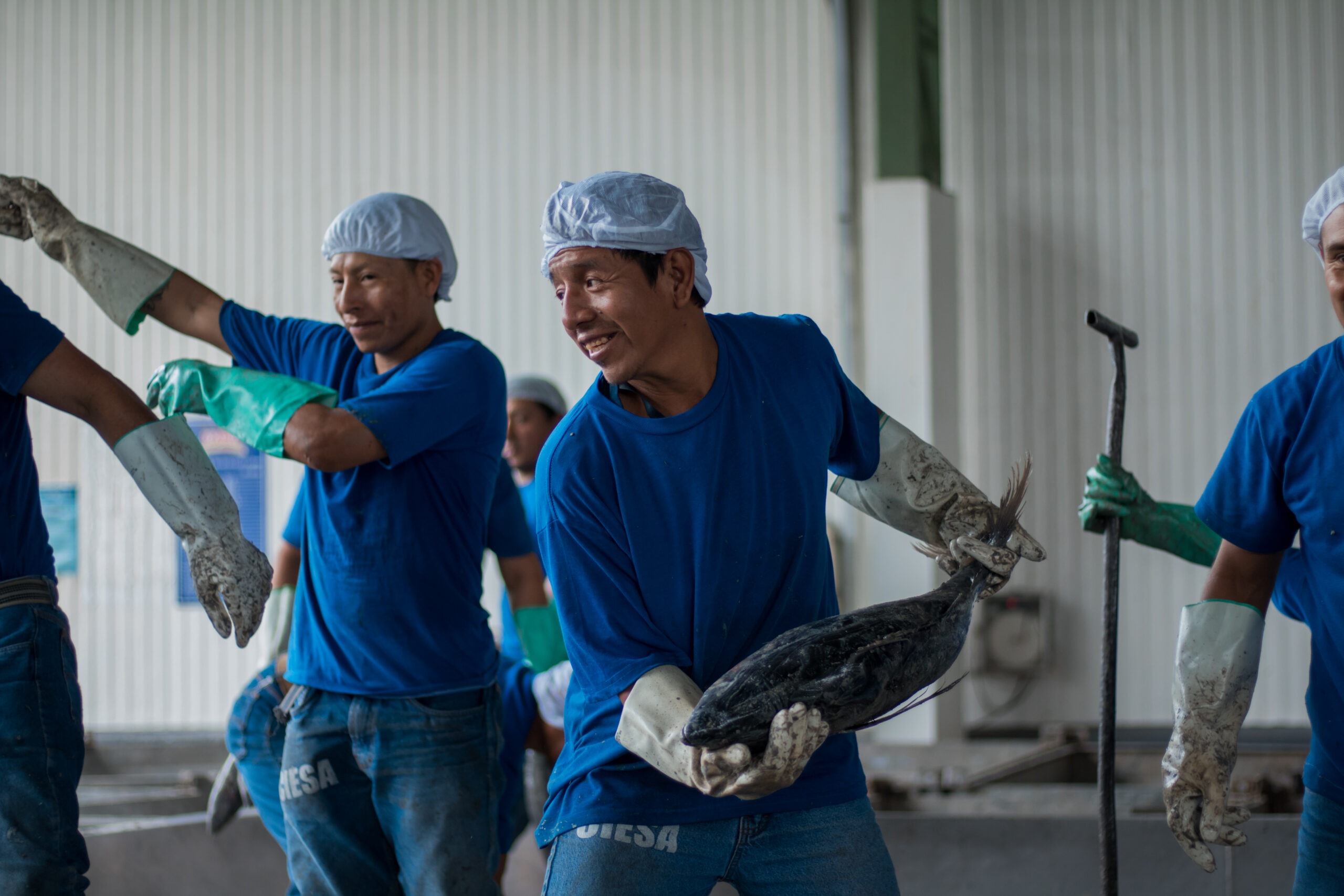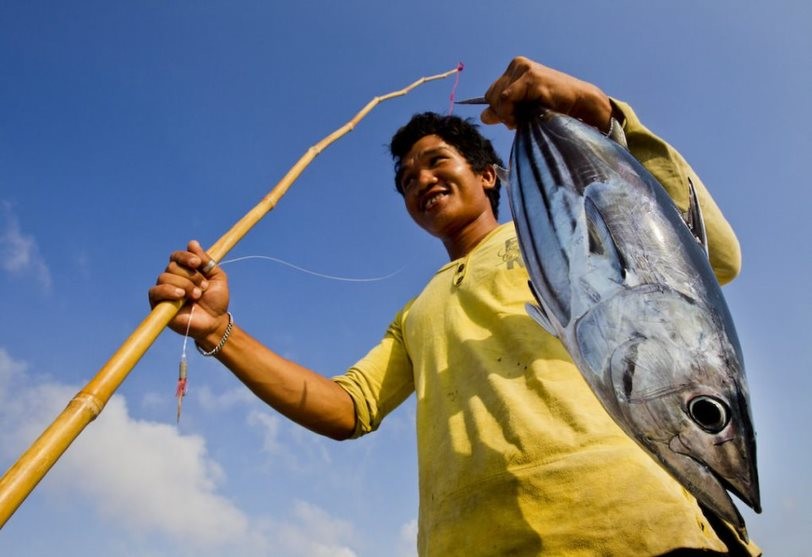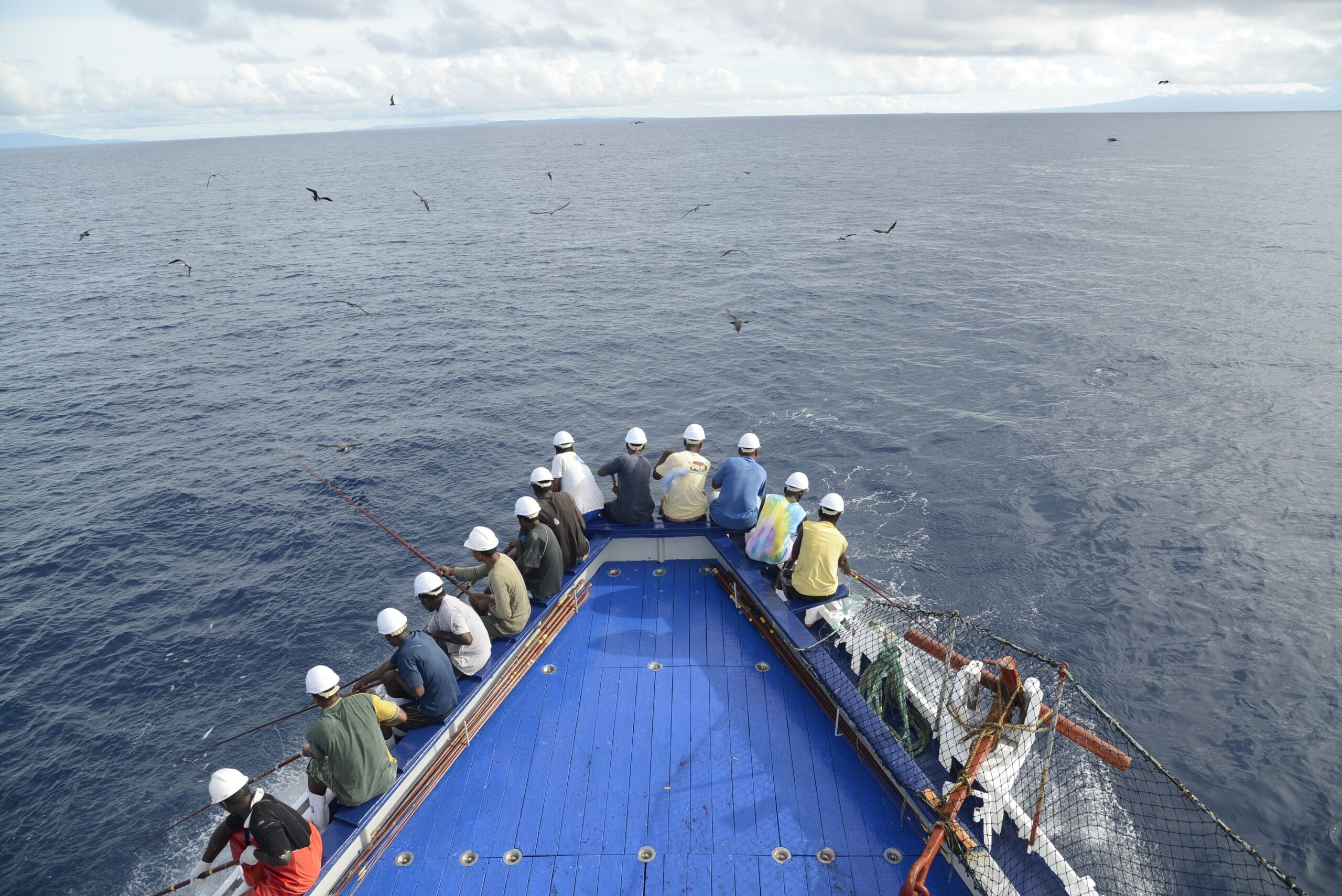
Bolton Group is the first Italian company in the world to form a partnership with Oxfam with a multi-country approach in order to promote a new vision of “fairer and more sustainable food”, not only for the environment and for those who consume it, but also for the people who produce it.
The partnership between Bolton Group and Oxfam is designed to establish new sustainability standards for companies operating in the fishing industry. The initiative further strengthens our commitment to sustainability, as we strive to strike the right balance between business activities and the protection of our environment and society. The aim is to build an ‘increasingly fair supply chain’, where inclusion, gender equality, respect for rights and safe and dignified working conditions are guaranteed for all.
The first step in the partnership ”which sees our Food Business Unit embark on a four-year roadmap lasting until 2024“ will see Oxfam undertake a stringent analysis of the global tuna supply chain, with the aim of protecting the people and communities involved and ensuring that these are properly valued.


This work is fully in line with the relevant international standards contained in the UN Guiding Principles on Business and Human Rights (UNGPs) and the OECD Due Diligence Guidance for Responsible Business Conduct. The commitment includes four phases:
• Analysing, updating, and expanding existing company policies on worker rights.
• Creating a due diligence process in the three key countries in the tuna supply chain (Ecuador, Morocco, and Indonesia) using the “Human Rights Impact Assessment”, an Oxfam methodology that includes a comprehensive review undertaken by independent researchers, who assess the mechanisms involved in the supply chain and analyse the role of all stakeholders and players, including the local community, trade unions, and civil society organisations.
• Creating an ongoing monitoring system to ensure that the issue of respect for rights is being tackled effectively.
• Communicating the commitments and activities undertaken in order to manage and resolve any instances of non-compliance, with the aim of having a positive influence on the entire industrial fishing sector through these policies and practices.





 back
back



